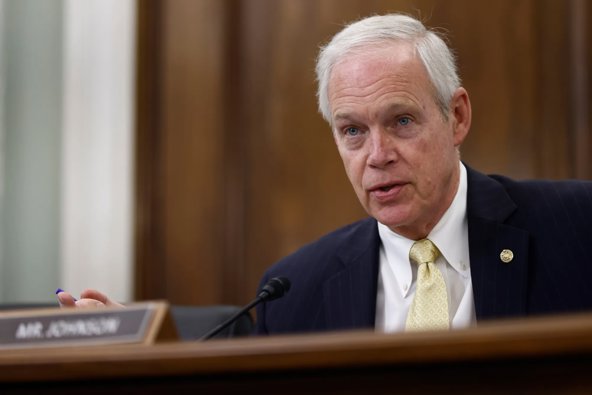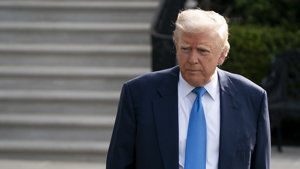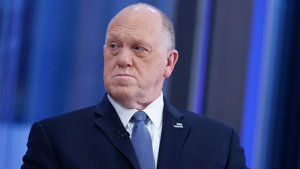
Johnson Rejects Trump’s Budget Bill
Senator Ron Johnson opposes Trump’s spending bill, calling for trillions more in cuts to reduce the national debt.
Wisconsin Senator Rejects GOP Leadership's Budget Strategy
Senator Ron Johnson of Wisconsin is openly challenging President Donald Trump’s flagship budget legislation, arguing that it fails to deliver the level of fiscal responsibility Republicans have long promised. Despite being a Trump ally, Johnson has vowed not to back the legislation unless it includes sweeping reductions to federal spending.
“It’ll completely backfire on him,” Johnson warned, responding to any potential efforts by Trump to pressure him into compliance. He made clear that neither party leadership nor the president himself could dissuade him from opposing a bill that, in his view, does not sufficiently cut government waste.
The Senate has begun examining the House’s version of the bill, which proposes $1.5 trillion in cuts over the next decade. While some lawmakers tout it as a significant step forward, Johnson criticized the figure as arbitrary and insufficient, calling it a far cry from what is needed to address the nearly $37 trillion national debt.
Calls for Pre-Pandemic Spending Levels
Johnson is advocating for a return to pre-pandemic spending benchmarks, a move that would entail significantly deeper cuts than those currently outlined. He has expressed frustration that many in Congress lack a clear understanding of the federal budget's scale, sharing an anecdote where his colleagues were unable to estimate annual federal expenditures during a previous debate on year-end omnibus legislation.
“Think of that. The largest financier in the world… and nobody knew,” Johnson said, emphasizing the need for better fiscal education among lawmakers. He has been independently preparing charts and data presentations to clarify the nation’s budget trajectory, warning that current policies are unsustainable.
While Johnson has spoken with President Trump twice this week—once privately and once during a Senate Finance Committee meeting at the White House—he remains firm in his demand for more aggressive spending cuts. “I want to see you succeed,” he told the president, but added that success depends on taking meaningful action to reverse the country’s debt spiral.
Trump has signaled some openness to changes in the Senate version of the bill to accommodate key concerns but maintains that the legislation must ultimately pass. The administration aims to strike a balance that satisfies both fiscal conservatives and moderate lawmakers given the tight majorities in Congress.
Johnson, however, remains unconvinced. He cited a recent nonpartisan estimate projecting the bill would add $2.4 trillion to the debt over ten years, a projection dismissed by many Republicans but one Johnson takes seriously. “We can’t accept this as a new normal,” he insisted. “That is the trajectory, and that’s undeniable.”
The outcome of the Senate’s deliberations will likely determine whether Trump’s economic agenda can advance as planned—or face a serious overhaul from within his own party.






